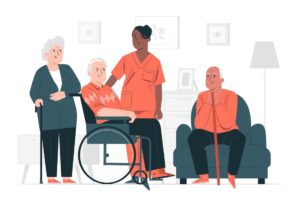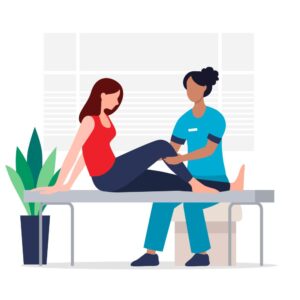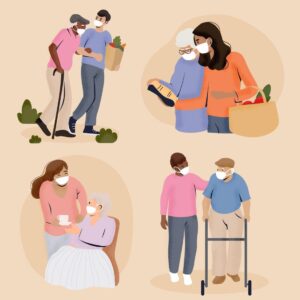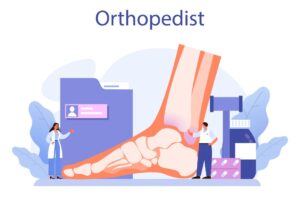Constipation is the condition when you are unable to pass stool or your bowel movements are tougher than normal. Almost in some part of life, everyone faces his problem. In general cases, the bowel movement varies from person to person. Some pass bowel three times or some pass once in a day. However, if you go for 3 days or more without passing a bowel then it’s a problem. After a course of 3 days, the stool becomes hard and is difficult to pass leading to chronic constipation. Some of the signs of constipation include trouble having a bowel movement, very hard stools, swollen belly, nausea, or vomiting.
Causes of Constipation
- Antacid medicines comprising calcium or aluminium
- Changes in the usual diet
- Colon cancer
- Consuming excessive dairy products
- Eating disorders
- Irritable bowel syndrome
- Neurological conditions such as Parkinson’s disease or multiple sclerosis
- Low physical activity
- Lack of fibre in the diet
- Overuse of laxatives
- Pregnancy
- Improper functioning of nerves and muscles of the digestive system
- Medication like narcotics, antidepressants, or iron pills
- Stress
- Underactive thyroid
- Very painful stomach cramps
- Blood in your faces
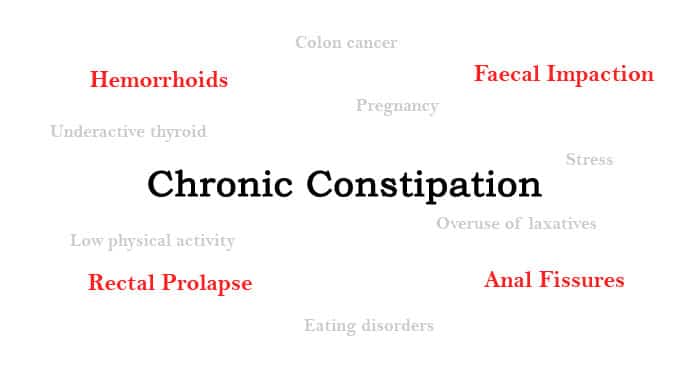
Diseases caused by Chronic constipation
Constipation itself is uneasy, discomforting, and painful. If constipation lasts for a short time then it causes short time effects like bloating, abdominal pain, small amounts of blood while passing motion, whitish mucus in the stool, and urgency to pass the bowel. However, constipation that lasts for a longer time may cause more serious and harmful effects. Chronic constipation is a condition when one does not pass a motion for more than seven days and requires immediate attention. Chronic, long-term constipation produces the below mentioned harmful effects:
1.Hemorrhoids
Hemorrhoids are swollen veins in the lowest part of the rect#m and an#s. Constant chronic constipation is the most common cause of it. The walls of these blood vessels stretch and become so thin that the veins bulge and get irritated. The irritation is greatest when passing stool. The condition is also known as “varicose veins of the an#s and rect#m.” It is the pressure from the stool that impedes the outflow of blood from the veins in the an#s and the rect#m, causing them to become abnormally distended. When a person has constipated the pressure on the bowel movement is more which further distends up the veins and pushes them outside their usual site. Hemorrhoids can be internal inside the rect#m and now hurting or externally under the skin around the an#s, having pain-sensing nerves which hurt and bleed as well.
2. Rectal Prolapse
Rectal prolapse occurs when the rect#m becomes stretched with a chronic accumulation of huge amounts of stool and even loses its capability to contract to its former size after the stool is passed out. The loosened tissue falls out of the body and protrudes through the an#s as a small, pink mass or bubble. The signs of this are small amounts of stool and mucus, the sensation of incomplete defecation, itching, pain, and/or bleeding.
3. An#l Fissures
An an#l fissure is a small tear or crack in the lining of the an#s. It occurs when the stool is large or hard. Hard stools can be due to chronic constipation, straining during childbirth, or experiencing bouts of diarrhea. The fissures cause pain and bleeding during and after the stool, accompanied by itching and burning in the an#l area. The condition goes away on its own in six weeks. But, in many cases, they become infected, resulting in a collection of pus known as an abscess, which requires surgical drainage. In rare cases when the an#l fissures is not healing on their own for a longer time than an an#l fissure surgery is required.
The surgery is done in many ways. One technique is lateral internal sphincterotomy, in which a small cut is made in the internal an#l sphincter muscle to relax it. The second is Fissurectomy, it is performed in cases of incontinence, diabetes, or irritable bowel syndrome. In this, all damaged skin around the an#l fissure is removed. The third is Advancement flaps. In these, the broken skin is replaced with healthy skin from the an#l lining.
4. Faecal Impaction
A fecal impaction is a solid, immobile bulk of human feces that has developed in the rect#m due to severe chronic constipation. A large volume of stool gets accumulated in the rect#m and can be of any consistency. The hardened stool gets stuck in the intestines. The signs and symptoms of this condition include fecal incontinence, paradoxical or overflow diarrhea as liquid stool passes around the obstruction. In some cases, it may include necrosis and ulcers of the rectal tissue. When the condition becomes severe, abdominal pain, loss of appetite, and bloating can also occur.
Note: some objectional words are filled with ‘#’

